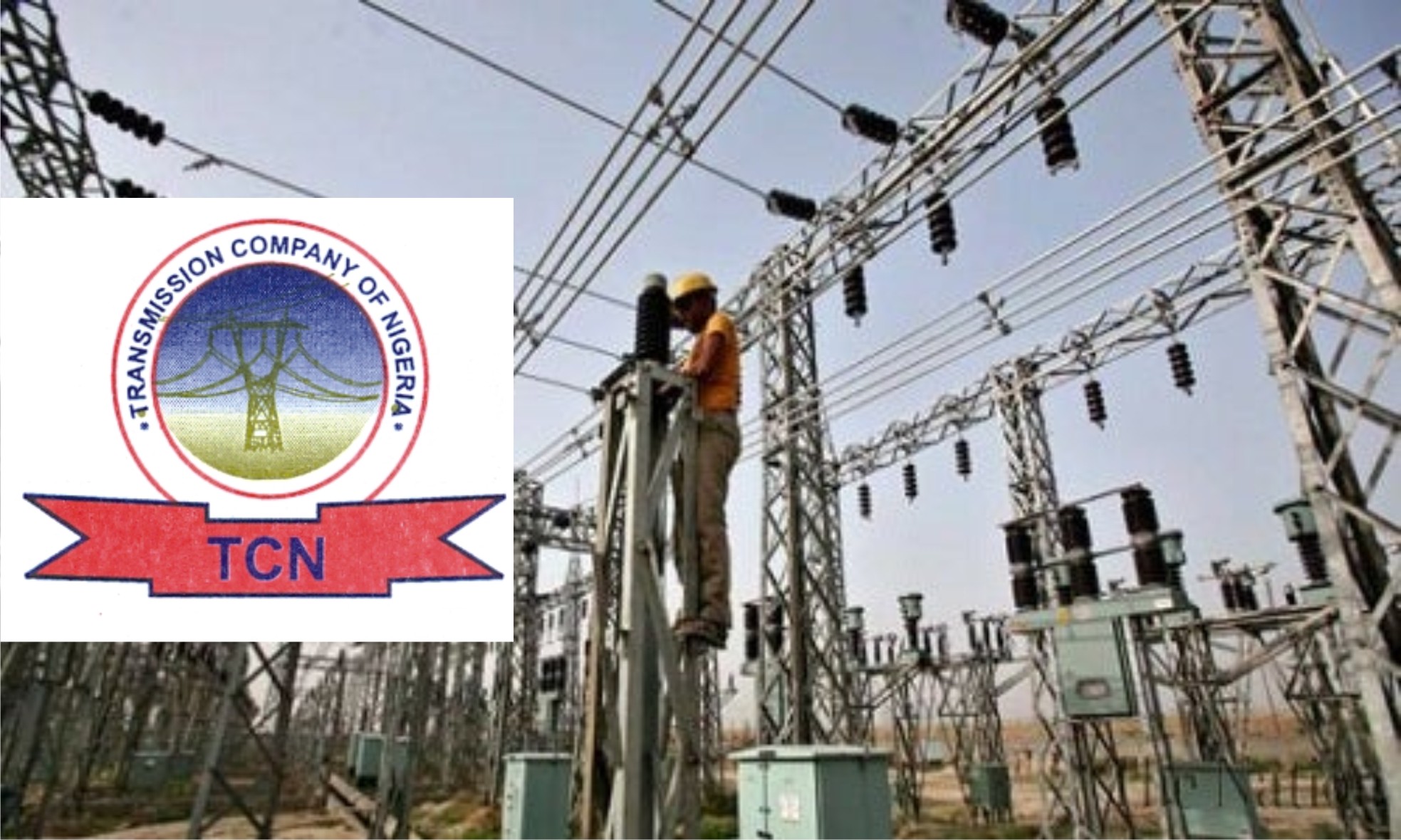Business
Banks To Accept Moveable Assets As Collateral — CBN
The Credit Bureau
Association of Nigeria (CBAN), Central Bank of Nigeria (CBN) and International Finance Corporation (IFC) are working towards improving access to loan facilities using movable assets as collateral.
The Tide source reports that the institutions held a one-day workshop in Kaduna, recently, to create the needed awareness on the new financial infrastructure.
Representative of the IFC, Mr Ubong Awah, identified the new infrastructure as Collateral Registry (CR) and Credit Reporting System (CRS).
Awah explained that the infrastructure would allow Small and Medium Scale Enterprises (SMEs) to use any movable asset as collateral to access bank loan.
He said that the National Collateral Registry (NCR), an online centralized-database, which commenced operation in May, now allows financial service providers to register security interest in movable assets.
He said that the registry, set up by the Federal Government, is being maintained in line with CBN regulations.
According to him, the innovation would facilitate easy lending by financial institutions to individuals, farmers, micro entrepreneurs and SMEs.
“The registry will enable these categories of borrowers to use movable assets such as inventory, livestock, crops equipment, vehicles and accounts receivable as collateral for loans”.
He also described CRS as a document that contains information regarding a consumer’s credit history based on data gathered electronically by financial institutions and other creditors.
He said that the reports would help financial institutions assess the credit worthiness of a potential client.
The Registrar, NCR, Malam Mohammed Mainasara said that the workshop, with representatives from over 50 business association in Kaduna State, was to enlighten the business public on the new development.
He said that Kaduna was the first state in the North to host the campaign and the second in the country after Lagos.
Mainasara pointed out that Nigerian economy was sick because of too much attention given to big businesses.
According to him, over 50 per cent of SMEs in the country have been neglected.
He added that the economic problem remained protracted because most Nigerians were not engaged in any economic activity.
“Unless this problem is solved, Nigeria’s economy would remain in shambles”.
Similarly, Senior Manager, Development Finance, CBN, Mr Musa Olasupo, said that only one per cent of the 170 million estimated population of Nigeria have access to bank loans.
able to access loans using movable assets as collateral.
“This would boost productivity and create employment, “Olasupo said.
Business
CBN Unveils NTNIA, NRNOA Accounts For Diaspora Nigerians’ Investment

Business
Diesel Price Hike: Manufacturers Opt For Gas

Business
TCN Debunks Grid Collapse, Says Lines Tripped

-

 Editorial14 hours ago
Editorial14 hours agoOpobo And The Proposed Higher Institution
-
Sports12 hours ago
NPFL Fines Nasarawa United N3m, Deduct Three Points
-
Niger Delta14 hours ago
Yenagoa Becoming Modern City Under Our Stewardship – Diri
-
News11 hours ago
Shun Third-Party Interference In Marriages, 85-Year-Old Engineer Urges Couples
-
Politics13 hours ago
Good Governance: Clark Urges NGF Suspension
-

 News11 hours ago
News11 hours agoNAFDAC Busts Fake Alcohol Factory In Lagos
-
Business14 hours ago
NCAA To Sanction More Airlines Over Passengers’ Complaints
-
Sports12 hours ago
CAFCC: Eguma Attributes Draw On Players Inexperience, Wastefulness

